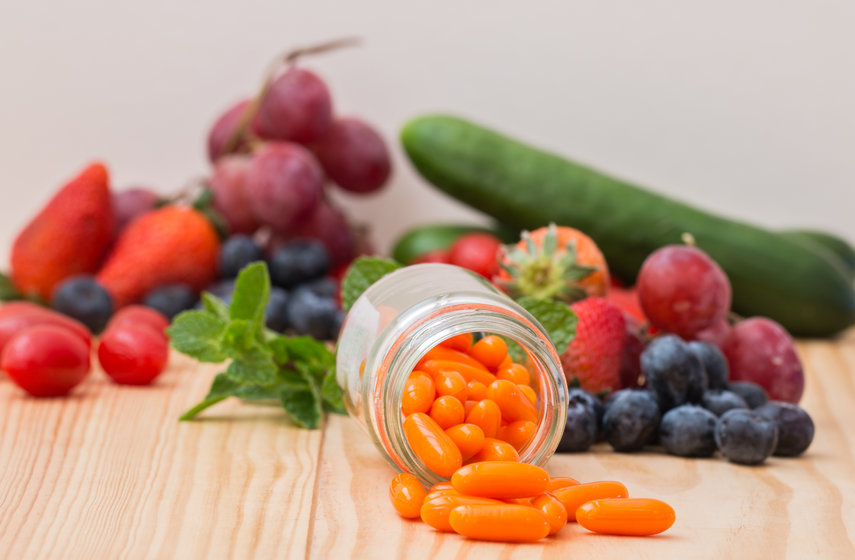Do You Know About CoQ10?
Coenzyme Q10 (CoQ10) is a naturally produced antioxidant in the body. The biggest job of CoQ10 is reversing the effects of disease and aging on the body by increasing energy and reducing oxidative stress. Unfortunately, With age, CoQ10 levels decrease, opening the door to age-related diseases. Some foods such as meat, fish, and vegetables naturally contain CoQ10 but the amounts may be insufficient.

Fighting free radicals against fertility
With age, bodies experience wear and tear called oxidative stress. In addition, factors such as diet, smoking, and environmental exposure to toxins increase waste production. These waste products are called free radicals. As a woman ages, free radicals can decrease the quality and quantity of eggs in the ovaries. Free radicals can also affect the quality and quantity of sperm in men. CoQ10 combats this by blocking free radicals, which decreases cell death. This nutrient also increases mitochondria activity, giving the body the energy to produce more eggs and sperm.
Here’s the proof
Research shows a positive correlation between fertility and CoQ10 supplementation. A recent study revealed that CoQ10 helped men with unexplained infertility. The men taking the CoQ10 supplement had improved sperm density and motility. Similarly, a controlled study showed that women could improve ovarian reserve and egg quality. While the supplement can help, this is only one part of improving fertility.
CoQ10 is just the start
CoQ10 can be found naturally in fish, meat, and nuts. Having a healthy, balanced diet with exercise is the best way to increase CoQ10 levels. These changes will also minimize further oxidative stress caused by eating unhealthy foods. Smoking and alcohol can also cause oxidative stress and contribute to the depletion of this substance in the body. CoQ10 supplements are a great way to ensure that a person is getting enough to combat oxidative stress. However, increasing the CoQ10 intake will not be as effective without making healthy lifestyle changes.
Using CoQ10 the right way
CoQ10 is commonly used to improve muscle strength, vitality, heart failure, angina, and migraines. The recommended dosage is 100–200mg daily. Although the FDA does not regulate usage, CoQ10 can create upset stomach, nausea, vomiting, and insomnia. Taking this supplement with other medications that function as anticoagulants and beta-blockers should only be on the advice of a physician.
CoQ10 may be the answer
Coenzyme Q10 is a naturally occurring antioxidant that can combat free radicals in the body. Free radicals accumulate over time, which can have adverse effects on eggs and sperm. CoQ10 can be consumed in food through a healthy diet. However, supplements are a great way to complement a healthy diet and improve fertility. Please consult a practitioner before starting any new supplement.




